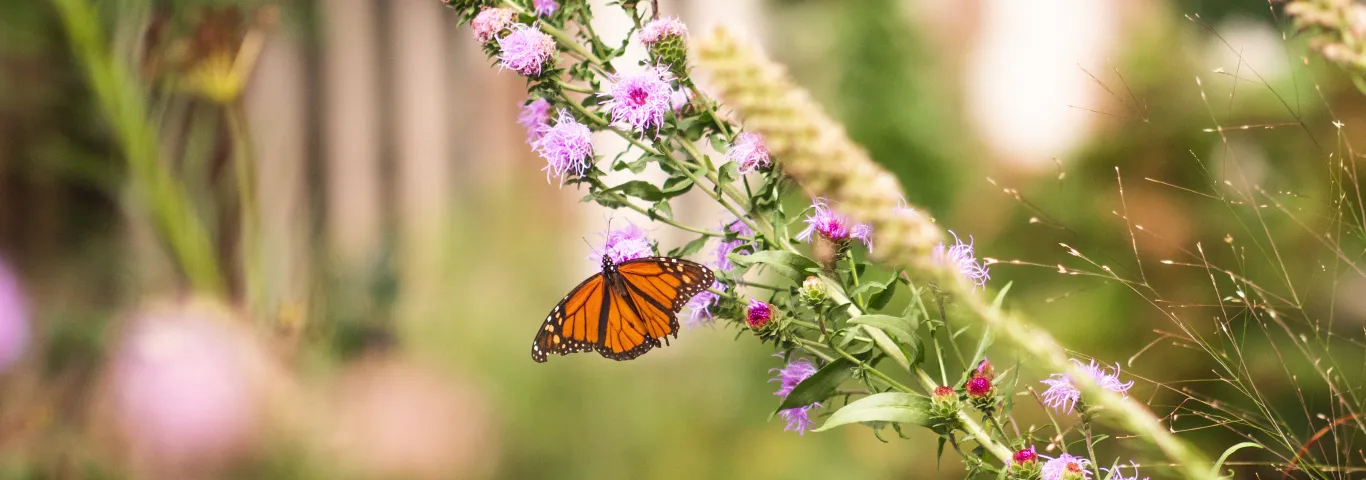Arts & Sciences at Washington University will become a world leader in research, conservation, and education about the biological world and its interrelationship with human welfare, environmental justice and public health.
To further this initiative, we will partner with several of our local, internationally renowned institutions:
- The Missouri Botanical Garden, one of the world’s top three botanical gardens for cutting-edge botanical research
- The Saint Louis Zoo, a recognized world leader both for its on-grounds operations and research as well as its global conservation program
- Additional local, first-rate institutions concerned with biodiversity research, conservation, and education, such as the internationally renowned Endangered Wolf Center, the Missouri Department of Conservation and the St. Louis Aquarium
The new and enhanced Living Earth Collaborative will hire stellar faculty in these areas, attracting top students and scientists at all levels to study at Washington University through world-leading research programs and enhanced collaborations with local institutions.
